Navigating International Conflict: Strategies for Peaceful Resolution
Navigating International Conflict: Strategies for Peaceful Resolution
Keywords
International Conflict Diplomacy Negotiation Peaceful Resolution Global Harmony
Understanding the Dynamics of International Conflict
International conflicts arise from diverse geopolitical, economic, and ideological factors, often leading to heightened tensions and potential threats to global stability.
-
🌐 Geopolitical Rivalries: Competing interests and power struggles among nations.
-
💰 Resource Disputes: Conflicts over natural resources, trade, and territorial claims.
-
🤝 Ideological Differences: Clashes stemming from differing political and religious ideologies.
Figures
Factors Influencing International Conflicts:
Images


Diplomacy and Negotiation
Diplomatic efforts and negotiation play a pivotal role in addressing international conflicts, offering a platform for dialogue and consensus-building.
Multilateral Diplomacy
Engaging in multilateral forums and diplomatic initiatives to facilitate dialogue and cooperation among nations.
Track II Diplomacy
Utilizing unofficial channels and non-governmental actors to foster dialogue and bridge divides in conflict-affected regions.
Figures
Diplomacy Types in Conflict Resolution:
Images

Conflict Resolution Mechanisms
Exploring established mechanisms and institutions dedicated to conflict resolution and peacebuilding on the international stage.
- 🏛️ United Nations: Leveraging the UN's diplomatic and peacekeeping missions to mediate conflicts and promote reconciliation.
- ⚖️ International Courts and Tribunals: Seeking legal recourse and arbitration to address disputes and uphold international law.
Figures
Conflict Resolution Institutions:
Images

Humanitarian Diplomacy and Aid
Humanitarian efforts and aid play a crucial role in mitigating the impact of conflicts on vulnerable populations and fostering goodwill among nations.
- ❤️ Humanitarian Assistance: Providing aid and support to conflict-affected regions to alleviate suffering and promote stability.
- 🤗 Diplomatic Outreach: Leveraging humanitarian efforts as a means of building trust and fostering diplomatic relations.
Figures
Humanitarian Efforts in Diplomacy:
Images
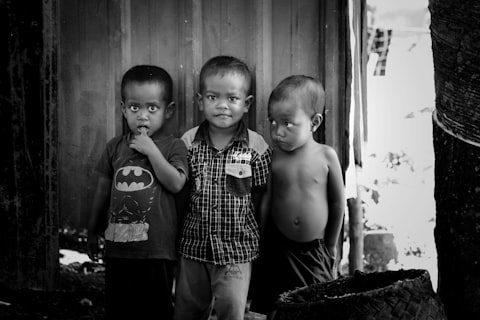
Economic and Trade Diplomacy
Economic and trade diplomacy can serve as a tool for conflict resolution, promoting mutual prosperity and interdependence among nations.
- 📈 Trade Agreements: Utilizing trade partnerships to foster economic cooperation and reduce tensions between nations.
- 💼 Economic Development Initiatives: Investing in development projects to promote stability and prosperity in conflict-affected regions.
Figures
Economic Tools for Peace:
Images

Conclusion: Pursuing Global Harmony
In conclusion, the treatment of international conflict demands a multifaceted approach that encompasses diplomacy, negotiation, conflict resolution mechanisms, humanitarian aid, and economic cooperation. By embracing strategic diplomatic efforts, fostering humanitarian initiatives, and promoting economic interdependence, the international community can navigate conflicts and work towards a world characterized by peace, cooperation, and global harmony.
Keywords
Peaceful Resolution Diplomatic Efforts Humanitarian Aid Economic Cooperation Global Harmony



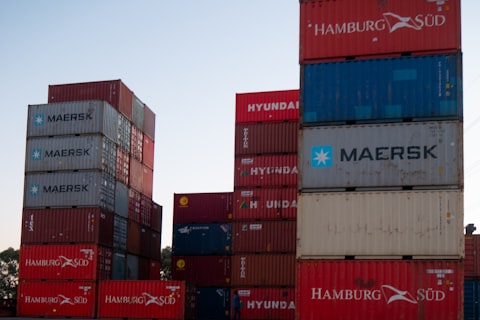
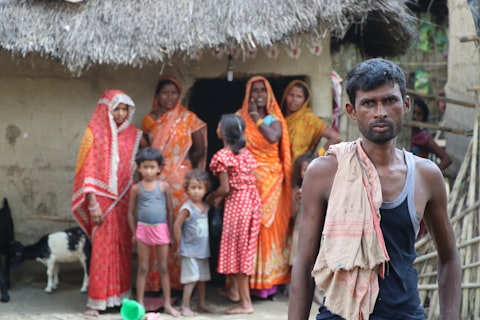
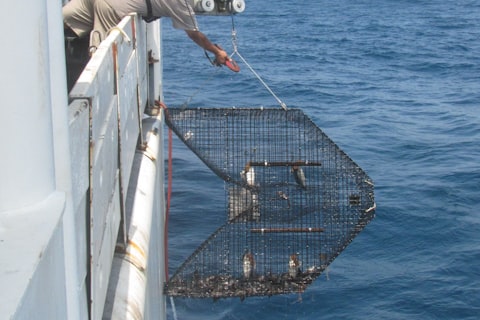

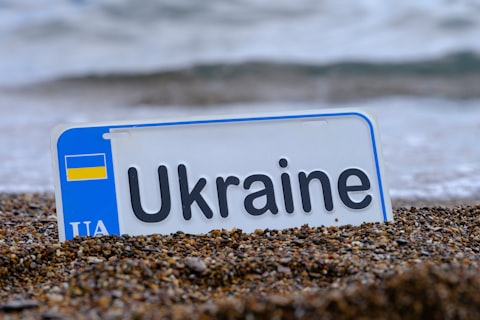

تعليقات
إرسال تعليق